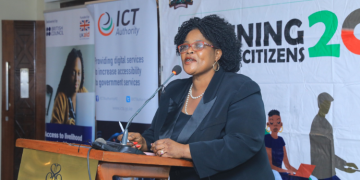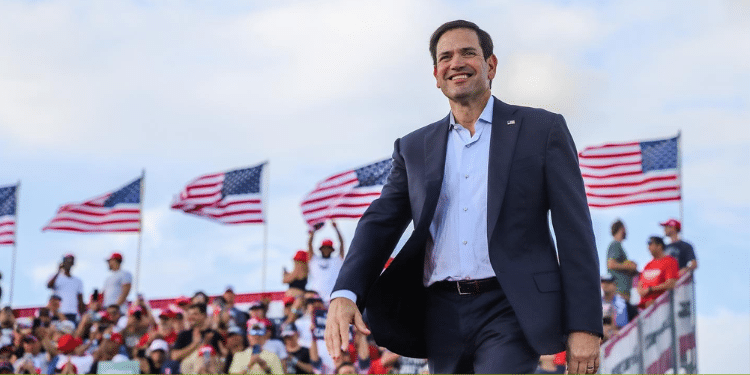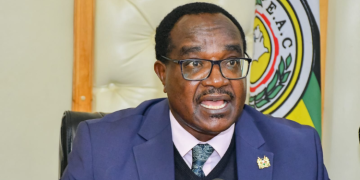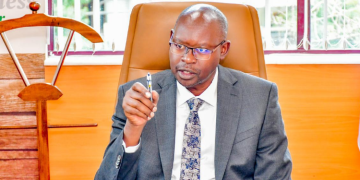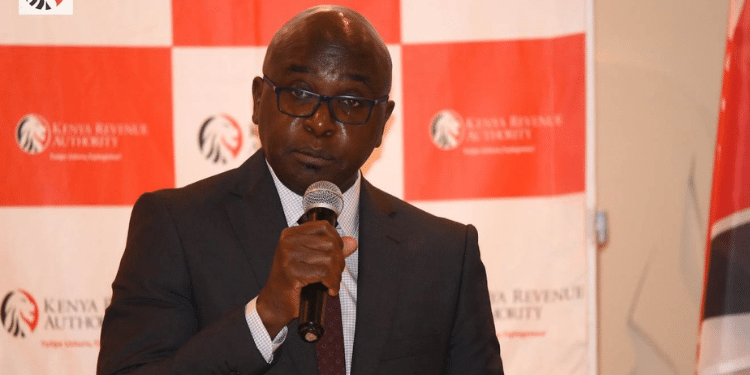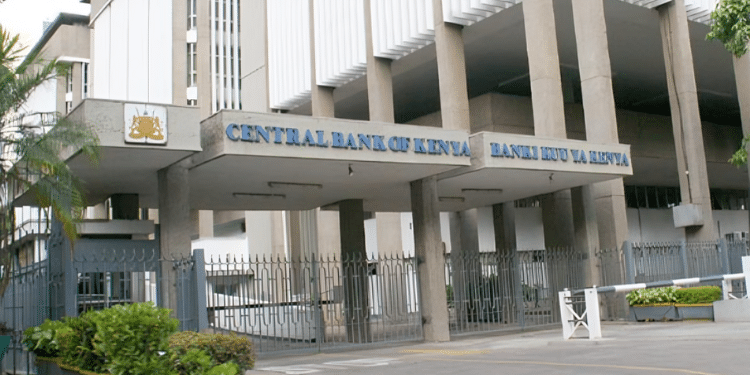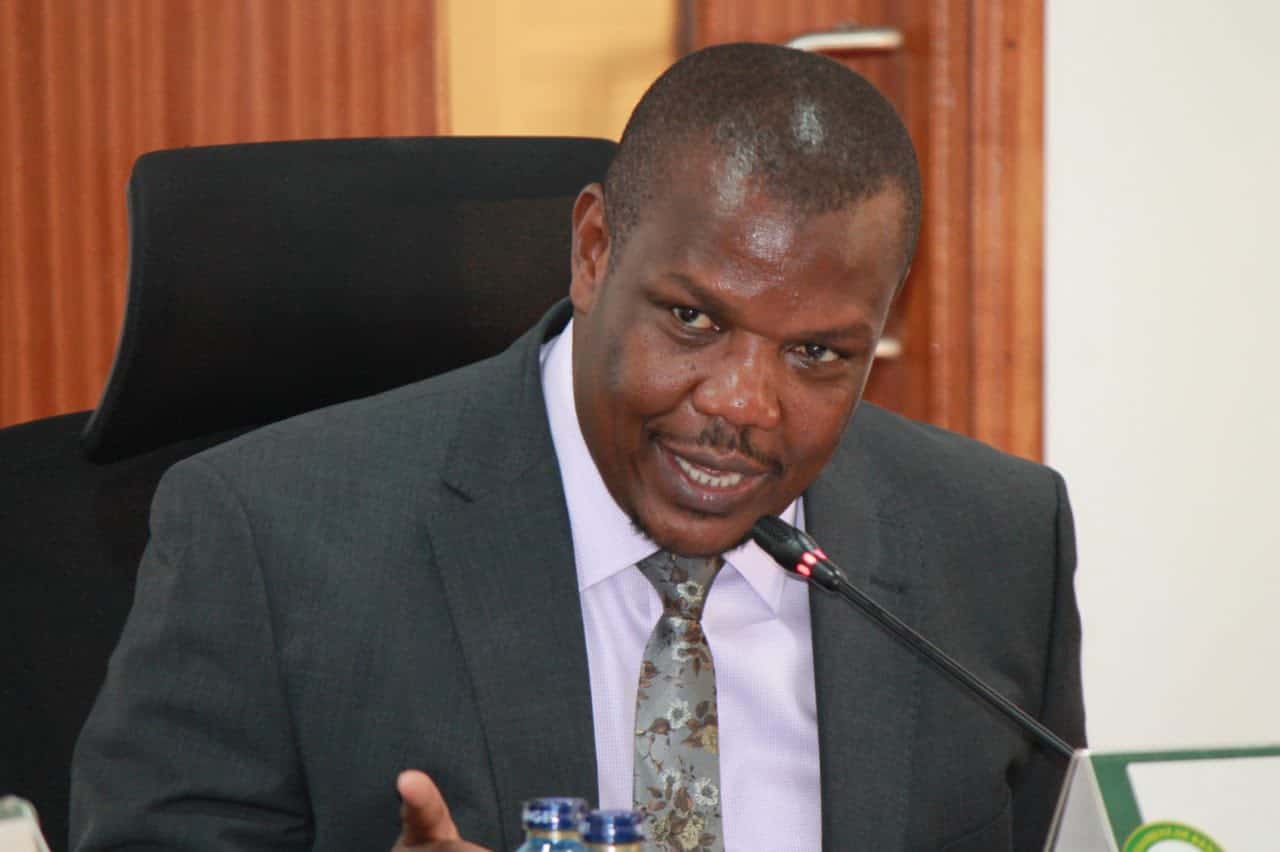If there is one area that Kenya Kwanza administration stands to lose dismally, it is their spirited efforts to centralize power and to impose policy decisions on the people. We have State operatives who are bent on reversing democratic gains in this country.
Not only is such maneuver going against the grain of our Constitution, but also it is out of sync with the international trends where formerly authoritarian societies are increasingly shifting to more democratic and egalitarian ways of leadership courtesy of the waking citizenry.
Some of the recent notable actions that are clearly geared towards reversing the country’s democratic gains include persistent incidences of abductions of activists, endless acts of police harassment, secretive ways of passing certain policies such the ones to do with leasing of public assets, attempts to criminalize cultural songs in certain parts of Kenya, and arbitrary interreferences with people’s freedom of assembly, just to mention few.
These developments coupled with what appear as attempts by leadership of President William Ruto to address economic and social issues through a more centralized and controlled approach (including emasculation of parliament) do not augur well for our prosperity and posterity, as envisaged by the Constitution 2010.
President Ruto has on several occasions told journalists in live TV interviews that Kenya is an open society. He has also recognized that the digital era has increasingly transformed Kenya into an open democratic society.
However, it appears this view by the president has hardly reflected in the manner that state officers serving in the institutions that fall in the executive have acted.
Consequently, the attempts by the latter to flout the spirit of the constitution have continued to ferment public dissent which currently vent out in the form of street protests, court actions, and outrage in the media spaces.
It is high time that the Kenya Kwanza administration changed tact and embraced a more democratic and participatory leadership style. This should also entail empowering cabinet secretaries with a level of autonomy they need to make decisions independently while remaining accountable to the people.

Digital media a force in Kenyan democracy
Why is that important? As President Ruto rightly acknowledges, Kenyan society today has a relatively high level of civic awareness, fueled by expanded access to information through digital media, civil society organizations, and the country’s vibrant media. People today are more informed about their rights and the obligations of their leaders.
And what is more? Such awareness has translated into an unwavering demand for accountability and good governance, which are key features of democratic and egalitarian leadership. That is kind of leadership which seeks to flatten hierarchies and engage people at various levels in decision-making processes. Engagement itself must be meaningful and not merely cosmetic, as witnessed in public forums on public finance bills and the new method of funding university education, among many others.
Also Read: Kenya Kwanza MCAs Threaten to Mobilize Protesters
The authoritarian approach that prioritizes control and centralized decision-making runs counter to this emerging reality. No one can deny that when citizens feel excluded from decision-making processes, resentment builds, leading to protests and calls for change. Renowned political philosopher and author Hannah Arendt argues that “power springs up whenever people get together and act in concert”. This idea resonates in the context of Kenya’s increasing civic participation.
Kenyan citizens, empowered by a sense of collective agency, are bound to resist leadership models that marginalize their voices, resulting in a steady pushback against authoritarianism. Recent street protests, court battles challenging government policies, and critical media coverage illustrate the growing unwillingness of the public to accept unilateral decision-making from leaders.
Kenya Kwanza attitude fermented the Gen Z revolt
June 25 protests by Gen Z’s and the last year protests that rocked the streets of Nairobi, Mombasa, and Kisumu in regard to the high cost of living, arbitrary tax hikes, and indifference by the legislators to heed the public opinion, signaled a widespread public disaffection with the state of affairs in the country.
Today it is an open secret to many political observers that cabinet secretaries have little elbow room to be innovative in their ministries simply because they follow stringent rule book. They are literary suffocated by the office of the presidency through micromanagement. A last year incident during flush floods where a CS could not make a decision whether schools would re-open on a specific day without consulting higher offices leaves a lot to be desired.
One must appreciate that ministries led by qualified experts are critical in implementing policy and fostering economic development; however, when these ministers are micromanaged, their effectiveness is significantly curtailed. By centralizing authority and restricting the latitude of ministers to act autonomously, the Kenya Kwanza government stifles innovation and slows down the decision-making process. This is especially detrimental in areas like health, education, and economic development, where responsive and adaptive policy measures are essential.
According to a highly acclaimed American political theorist Robert Dahl (1915-2014), “a democratic leader must accommodate dissent, for it is in dissent that true innovation and progress can arise.” Embracing a participatory leadership model would require the Ruto administration to trust its ministers and allow them to operate within their areas of expertise.
Such latitude would not only improve government efficiency but also signal a commitment to democratic values that empower officials to be accountable both to the administration and to the people they serve.
Fear of dissent major undoing for Ruto admin
Given the rising demands for inclusivity and the apparent failure of authoritarianism to quell discontent, Kenya Kwanza government has few viable options other than to pivot toward a more democratic leadership model. This shift would entail several structural and attitudinal changes, including encouraging CS’s to take initiative, welcoming dissent as an opportunity for improvement, and creating channels for citizens to express their views on policies that impact their lives.
The decentralization of decision-making would not weaken the administration but strengthen it by creating a network of empowered leaders who are responsive to the needs of the people.
Also Read: UK & Other World Powers Mount Pressure on Ruto Over Abductions
Furthermore, the adoption of democratic practices would allow the Ruto administration to harness the energy of civil society and the media in a constructive manner.
In fact, by engaging with these groups rather than perceiving them as adversaries, the government could better understand public sentiment and adjust its policies accordingly. In doing so, the administration would foster a political environment where citizens feel valued and heard, significantly reducing the need for protests and other forms of public dissent.
As Dahl’s insight into the role of dissent suggests, accommodating and even encouraging differing viewpoints is not a threat to authority, but a pathway to genuine progress and stability. Egalitarian leadership is a necessity rather than luxury.
Follow our WhatsApp Channel and join our WhatsApp Group for real-time news updates.



